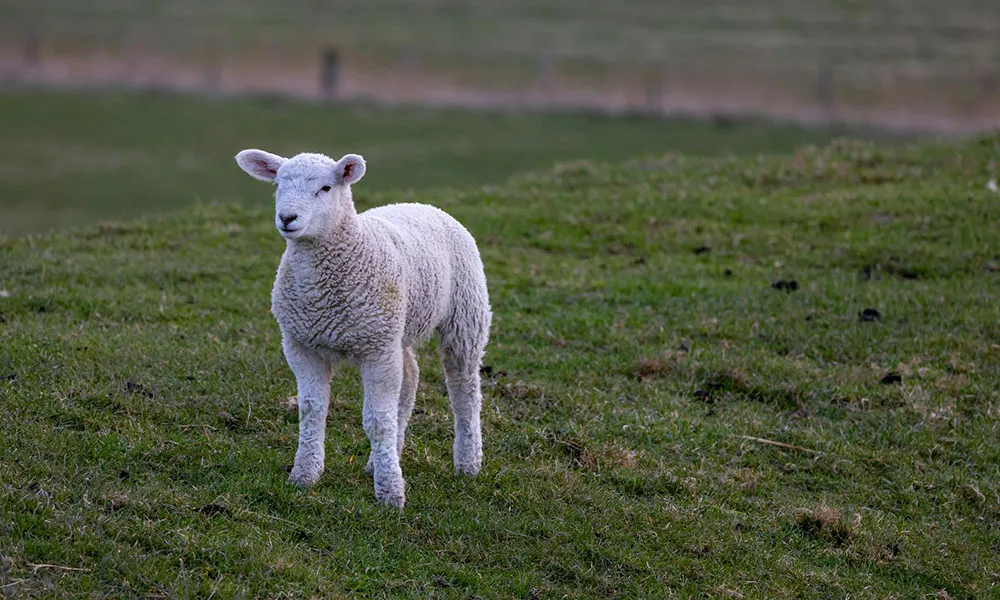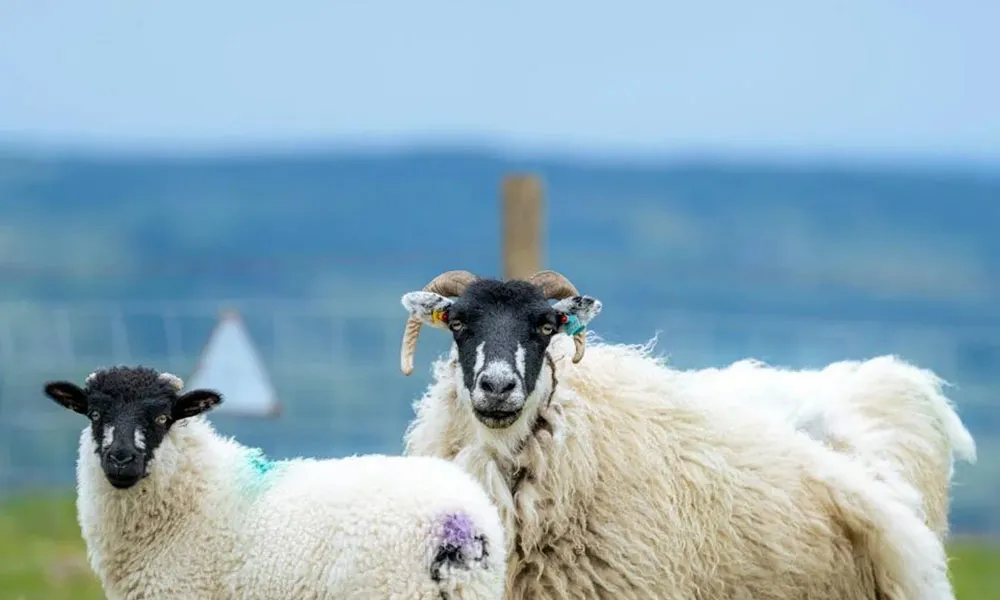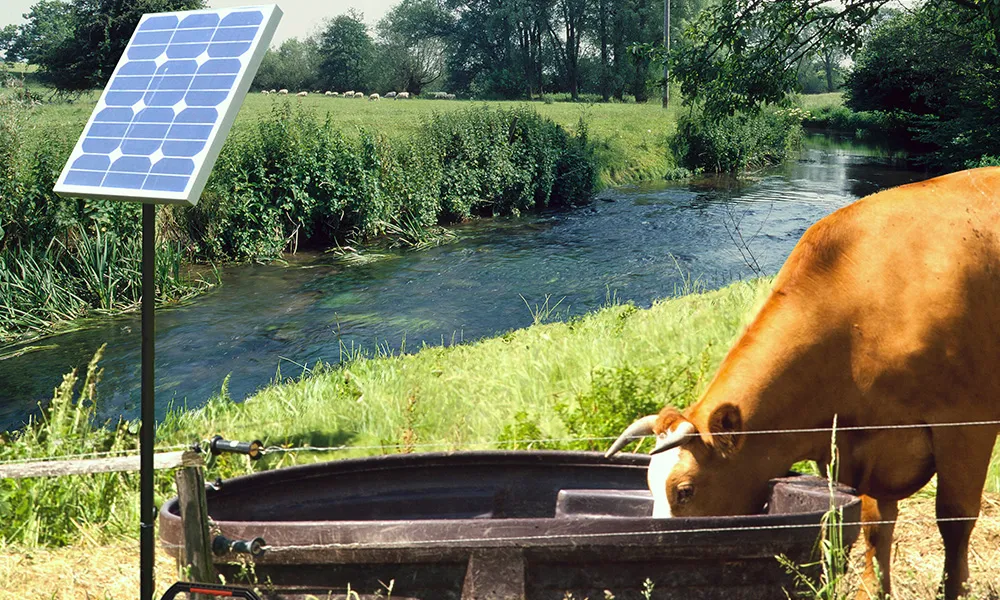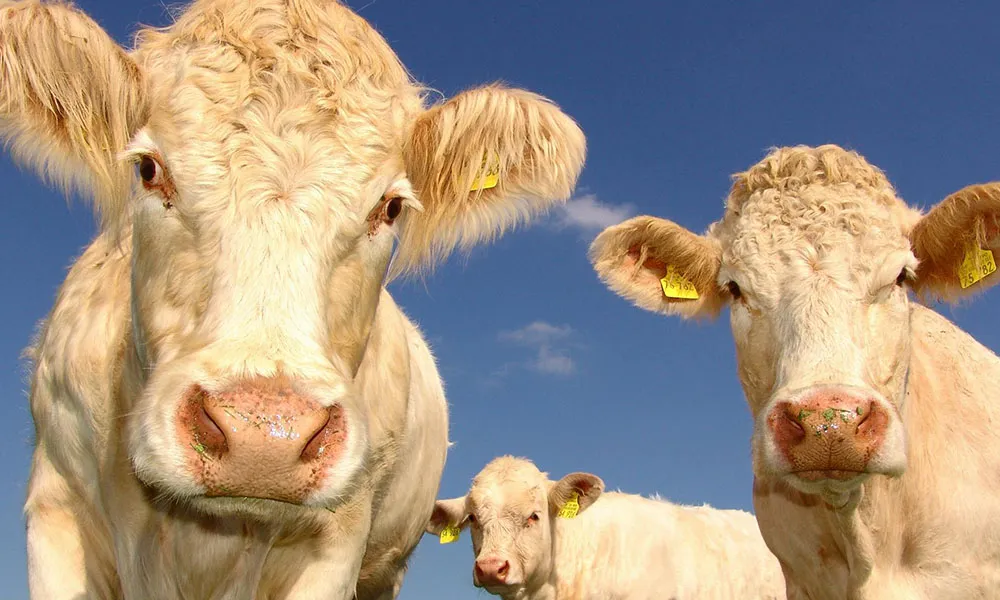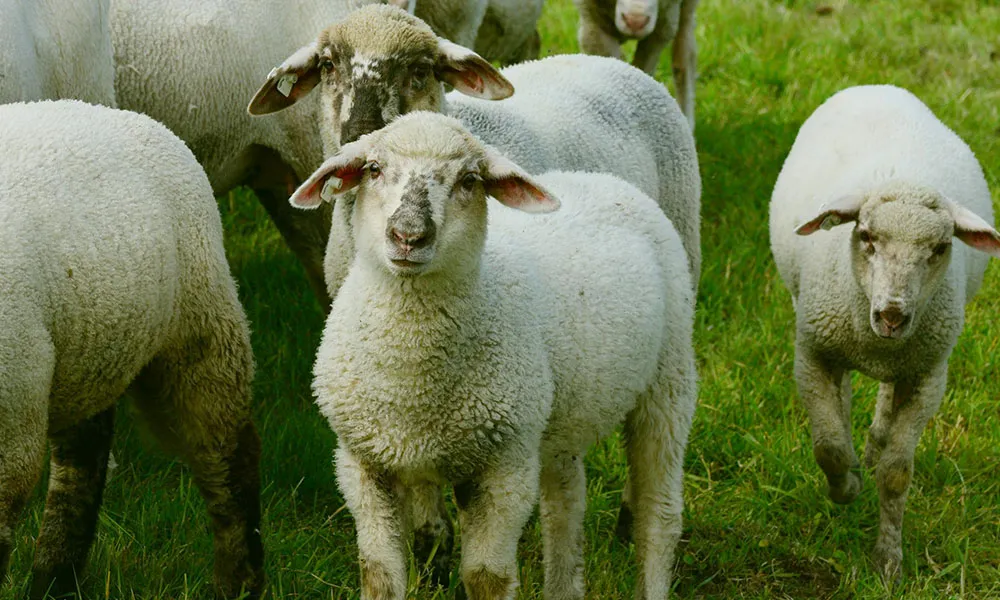
MV Virus Certification Programme
The Department of Agriculture, Food and the Marine (DAFM) is contemplating the development and rollout of a programme of accreditation in relation to maedi visna (MV) virus in sheep. According to a statement from Minister Charlie McConalogue, the programme would certify sheep that are free from MV virus.
The minister pointed out that this development should provide reassurance to farmers engaged in pedigree sheep breeding, and who may wish to export stock to the UK and EU.
A positive step?
In my view, this is a necessary and long overdue move on the Government’s part. There was a time when Ireland considered itself free from Maedi Visna, but that is no longer the case and appropriate action therefore needs to be taken to safeguard the integrity of Ireland’s sheep trade with EU and non-EU countries. Given the current volatility in the sheep market, any measure that supports the integrity of Irish exports can only be a good thing.
MV and sheep export
Current trade requirements in relation to MV vary from state to state. While live sheep can be traded within the EU market without official reassurances in relation to infection, private industry in some European states, as well as the UK, requires proof that there was no MV in the flock of origin (essentially an MV passport).
Export of sheep meat from Ireland is also impacted by MV. Meat can be traded within the EU without MV reassurances, but it cannot be sold to external markets without some form of certification. This means that sheep meat sold to the UK must be accompanied by paperwork confirming that MV was not present in the animal.
What is MV virus?
Because it has only recently become an issue in Ireland, many farmers are not aware of the cause and symptoms of MV.
A viral disease that mostly affects sheep and goats, Maedi Visna (MV) impacts the respiratory system and mammary glands of affected animals. It is highly infectious and is usually transmitted by ingestion of infected milk. Once contracted, the infected animal cannot be cured. However, symptoms of the condition tend to develop very slowly and it is only rarely identified in the early part of an animal’s life.
As illness progresses, though, animals suffering from MV tend to show signs of muscle wastage and physical weakness. Paralysis and arthritis are common signs of chronic MV infection, as is recurring mastitis. It should go without saying, therefore, that MV infection represents a threat to flock health and farm revenue.
Thankfully, the disease does not impact humans and therefore is not a public health concern.
No plans for compensation programme
Responding to questions in the Dáil recently, Minister McConalogue also stated that the Government has no plans to implement a compensation scheme for sheep farmers who are forced to destock as a result of an MV diagnosis in the flock. The Minister went on to state that the department conducts “an annual survey of cull ewes to provide evidence of disease freedom and to support trade assurances.”
Farmers should be aware that, because MV is a listed notifiable disease, the Department must be notified of cases identified on farms.





